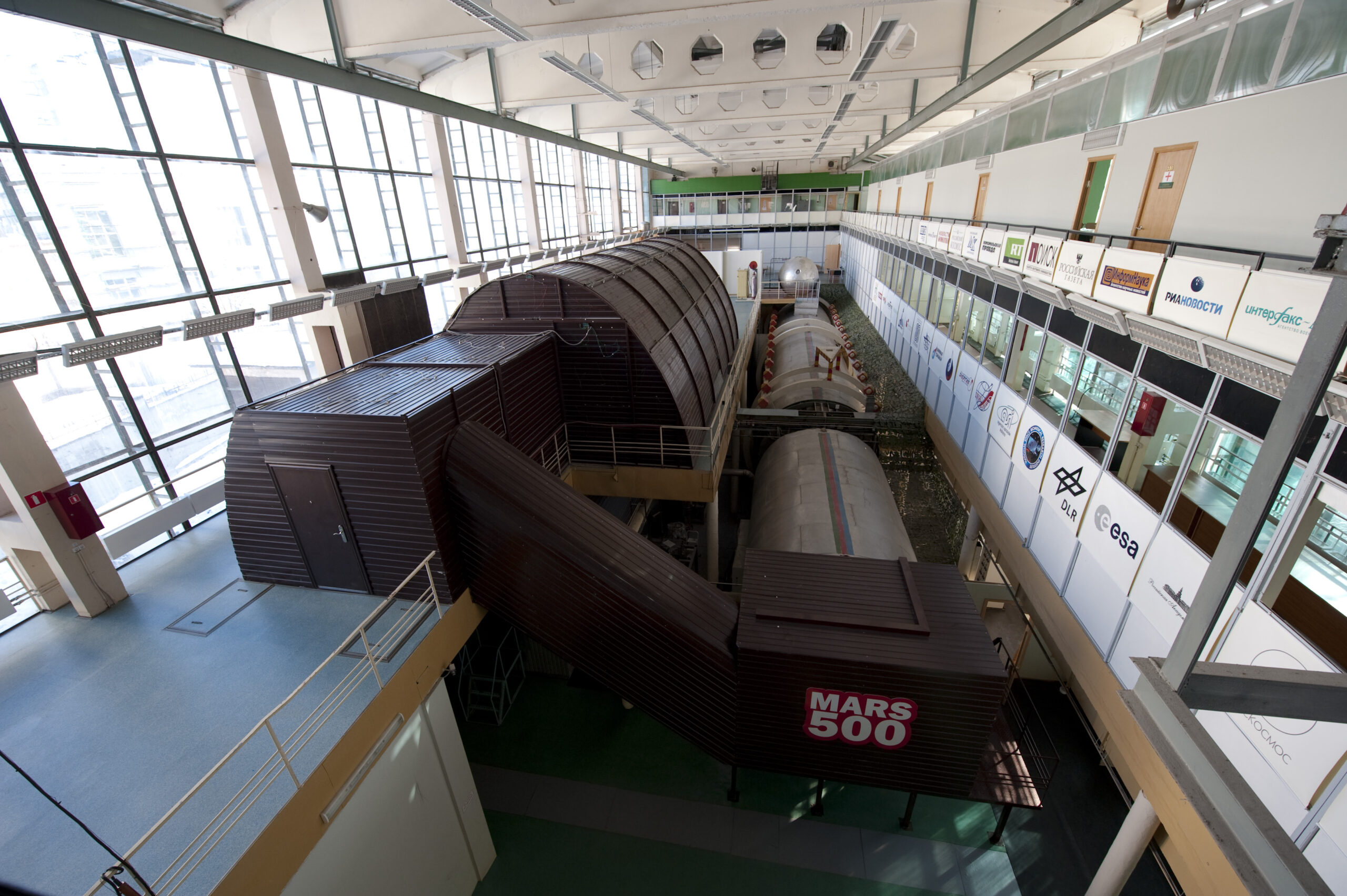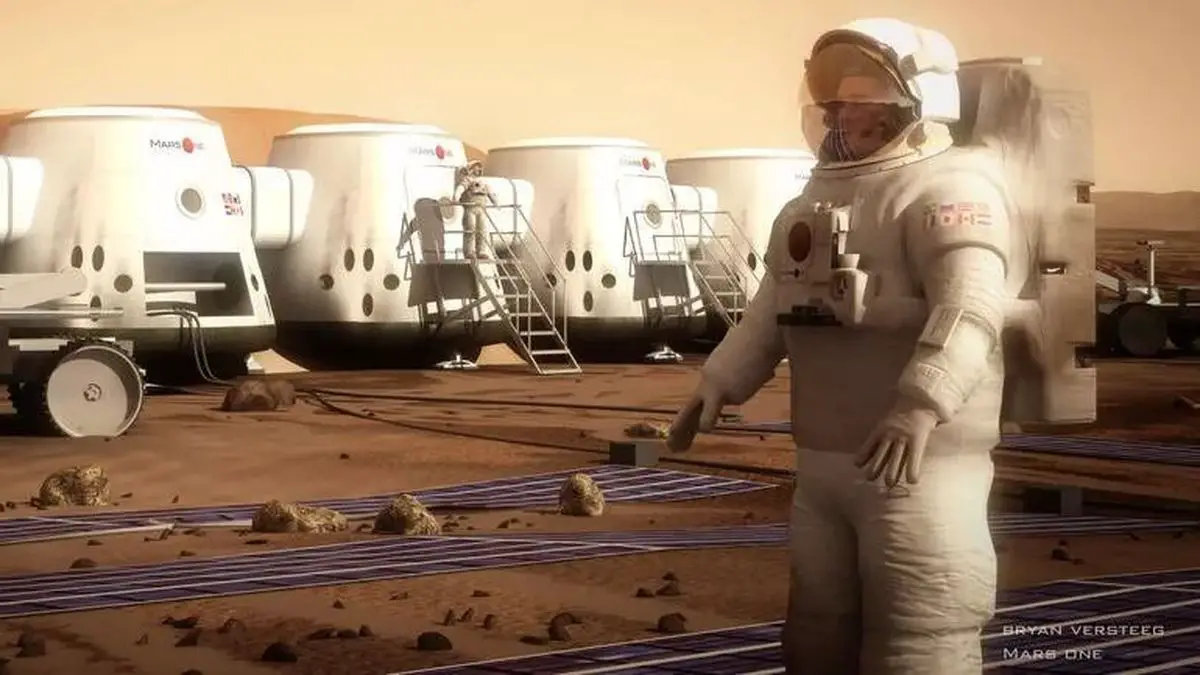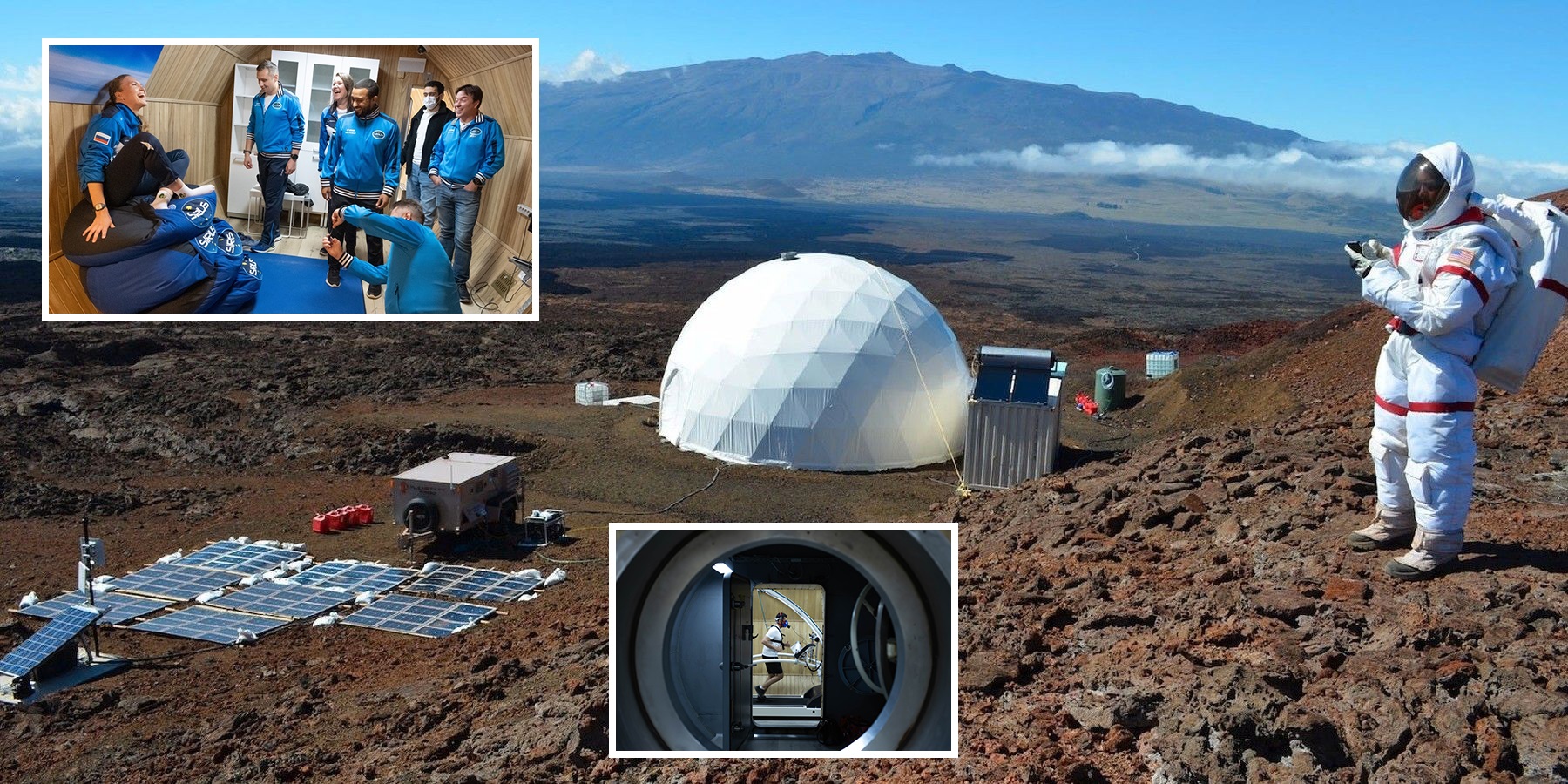It is almost inevitable that humans will step foot on Mars during our lifetimes. If the modern-day space race between private firms and states continues, it is not impossible that we may witness a long-term human presence on the Moon or Mars in that time range as well, an astounding yet ridiculous thought.
But – and there is a huge but – experts have no clue how a crew of astronauts separated from home by over 380 million kilometers (236 million miles) would fare in such a scenario.

Would they be able to keep continual contact with Earth and function flawlessly as a team? Or would they devolve into anarchy, cutting off connection with their authorities and establishing an autonomous colony? Russian researchers hope to find out before spending billions on the actual thing by putting a group of people in a Mars colony simulation.
Project SIRIUS (Scientific International Research In Unique Terrestrial Station – yeah, they went out of their way to make the name cool) is an attempt to investigate astronauts’ psyche during extended space travels.
The findings were just reported in Frontiers in Physiology. In 2017, and again in 2019, seventeen and 120-day isolation tests were planned to imitate a team isolated in an alien environment, respectively.
The results verified their fears: the delay in contact owing to distance, along with the long duration away from Mother Earth, caused the astronauts to become separated from mission control and nearly independent.

Previous models predicted that after the astronauts embarked on their journey, they would begin to detach from mission control, lowering the number of scenarios on which they would report.
The researchers conducted the two isolations with a mixed-gender, multinational crew to corroborate the outcomes of prior simulations, including the Mars-500 missions. The missions were designed to assess how successfully members communicated with mission control and collaborated to build a viable colony.
They began with a take-off process before landing in an unfriendly atmosphere within the training facility’s specialised region. The crew was then herded into pods, given minimum meals and supplies, and exposed to the entire isolation of the real thing.

The results of the trials revealed a number of conclusions, some of which were good and others of which were more troublesome. At the midway point of the simulation, which featured the Mars landing, the crew actually increased their connection with the mission control center (MCC), but then grew disconnected, lowering the amount of communication with MCC. They were less reliant on MCC advice as they acclimated to their task, becoming more autonomous.
While it is encouraging that the crew was able to take issues into their own hands and live independently, the crew’s alienation from MCC is concerning.
“The downside is that mission control loses the capacity to comprehend the crew’s wants and difficulties, which inhibits mission control’s ability to give support,” said co-author Dmitry Shved of the Russian Academy of Sciences and the Moscow Aviation Institute in a statement to CNET.
There was also an intriguing relationship between male and female crew members. Similar to earlier trials, the women reported difficulties to the MCC more frequently and voiced their support, despite their more emotional communication patterns.
Men, on the other hand, were less likely to report to MCC. Surprisingly, by the conclusion of the simulation, both men and women had adapted to each other’s communication patterns, generating a comparable degree of emotion and communication regularity.

Of course, because just 12 participants participated in the simulations, it is likely that discrepancies between groups and individuals are attributable to individual differences, therefore generalizations can not be formed until further study is done.
Meanwhile, another Project SIRIUS trial, including an 8-month solitude, has begun on November 4th.




